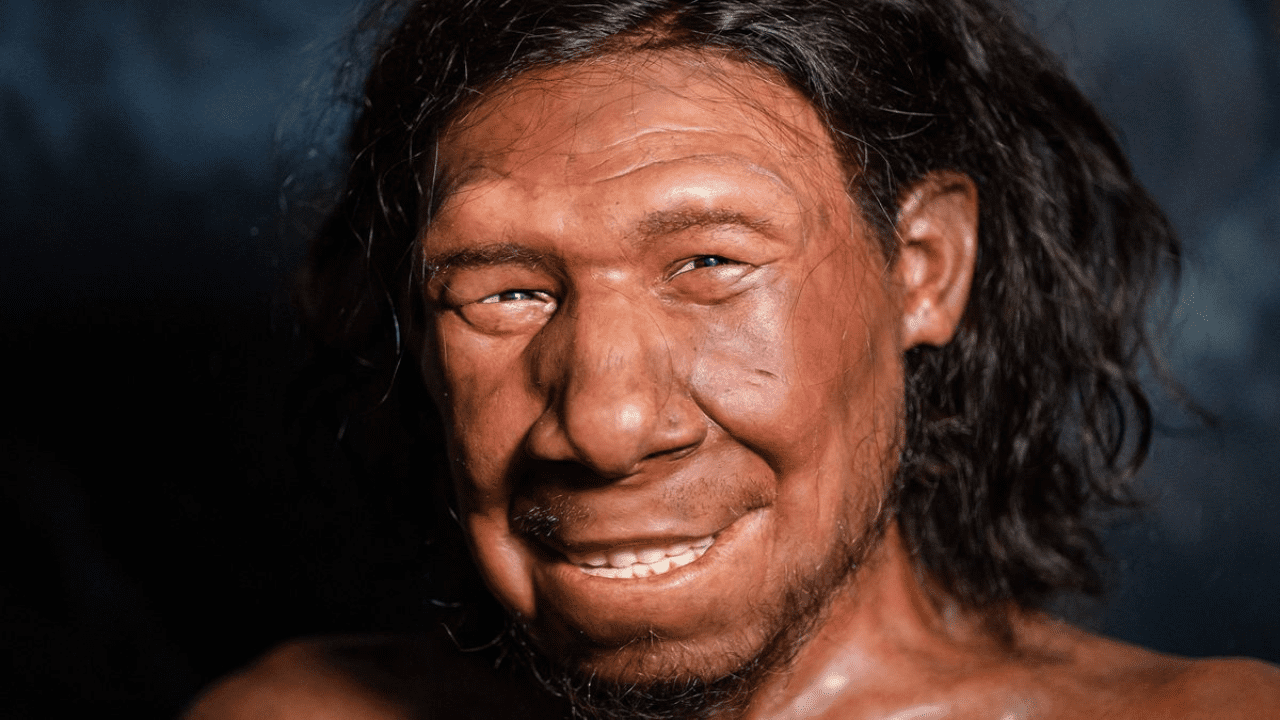Neanderthal Genes Were the Reason for Severe COVID-19 Syndrome, Study Finds
Italian scientists have found that people with specific Neanderthal genes were more likely to be hospitalised after Covid 19. This new research was published in the Wall Street Journal on September 16. One of the first countries outside of Asia to report cases of COVID-19, Italy played a crucial role in the early stages of the pandemic. In particular, the province of Bergamo garnered international attention as the epicenter of the crisis after reporting its first official case on February 23, 2020, in the small village of Nembro, which experienced an alarming 850 percent surge in fatalities in March 2020. "In Bergamo, 33% of those who developed life-threatening forms of Covid had the Neanderthal haplotype, Remuzzi said. The haplotype was less present in people who…
Italian scientists have found that people with specific Neanderthal genes were more likely to be hospitalised after Covid 19. This new research was published in the Wall Street Journal on September 16.
One of the first countries outside of Asia to report cases of COVID-19, Italy played a crucial role in the early stages of the pandemic. In particular, the province of Bergamo garnered international attention as the epicenter of the crisis after reporting its first official case on February 23, 2020, in the small village of Nembro, which experienced an alarming 850 percent surge in fatalities in March 2020.
"In Bergamo, 33% of those who developed life-threatening forms of Covid had the Neanderthal haplotype, Remuzzi said. The haplotype was less present in people who developed mild or no symptoms from a Covid infection."
— steve hsu (@hsu_steve) September 16, 2023
2/2 pic.twitter.com/dmsKvKJgbu
Researchers wanted to know why Italy had more severe cases in the world. Published in the Journal iScience, the study was conducted by researchers affiliated with the nonprofit Mario Negri Institute for Pharmacological Research.
They scrutinised the DNA of approximately 1,200 volunteers from the Bergamo province. The initial phase of the pandemic significantly impacted this area.
The researchers’ findings highlighted the “Neanderthal haplotype” as the predominant genetic risk factor for severe COVID-19.
Specifically, the study revealed that individuals carrying the Neanderthal haplotype faced twice the risk of developing severe pneumonia. According to the Journal’s report, they were three times more likely to require ventilation in an intensive-care unit.
Other studies have previously suggested this association between health outcomes and Neanderthal DNA. A June publication in the Journal Molecular Biology and Evolution hinted. Also March study published in Nature found a correlation between Neanderthal ancestry and an elevated susceptibility to an extreme immune response.
What is Neanderthal haplotype?
A Neanderthal haplotype is a group of specific genetic traits that we can trace back to our ancient Neanderthal ancestors. Think of haplotypes as clusters of genes inherited together because they situated close to each other on a chromosome. They’re like genetic footprints that help us understand how specific genes have moved within human populations.
What’s interesting is that these Neanderthal haplotypes can found in the genetic makeup of everyone outside of Africa. This suggests that, at some point, our ancestors interbred with Neanderthals.
Some of these Neanderthal genetic traits have turned out to be good news for us. They’ve boosted us in certain areas, making us more resistant to certain diseases. For instance, there’s one Neanderthal haplotype that seems to be a natural shield against severe COVID-19 infections. But it’s not all positive. Some Neanderthal traits can be a bit of a health risk. As an example increasing our chances of developing diseases like type 2 diabetes.
Also read:






